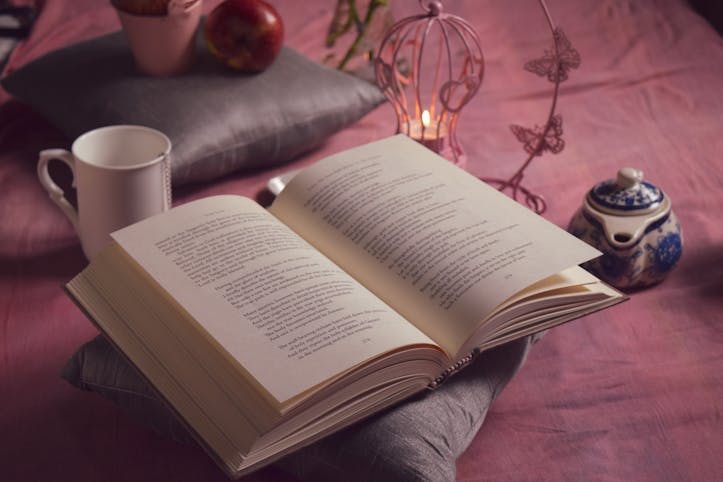What Tea is Good for Fasting: Benefits & Types

When considering what tea is good for fasting, it is essential to choose one that not only supports your goals but also enhances your fasting experience. Fasting, a practice with historical roots in various cultures and religions, has gained popularity for its potential health benefits, including weight loss, improved metabolic health, and increased longevity. Incorporating tea into your fasting regimen can provide additional advantages, from aiding digestion to helping to suppress hunger.
The Role of Tea During Fasting
During fasting periods, the body undergoes several physiological changes, such as shifts in metabolism and reduced insulin levels. Drinking tea can complement these changes due to its low-calorie content and appetite-suppressing properties. The right type of tea can also provide a sense of fullness, making it easier to maintain the fast without feeling deprived.
Types of Tea Best Suited for Fasting
Not all teas are created equal, especially when it comes to fasting. Here are some of the best options:
- Green Tea: Rich in antioxidants and known for boosting metabolism, green tea is a popular choice for fasters. Its catechins, particularly EGCG, have been linked to fat loss.
- Black Tea: Although higher in caffeine, black tea can increase energy levels and help with concentration during fasts. It also contains theaflavins, which contribute to overall health.
- Herbal Teas: Herbal varieties like peppermint, ginger, and chamomile are caffeine-free and can soothe the stomach, reducing the likelihood of discomfort during fasting.
Additional Benefits of Tea for Fasters
Tea offers a wide range of health benefits that align well with the objectives of fasting:
- Detoxification: Many teas have detoxifying properties that can help cleanse the body during a fast.
- Hydration: Staying hydrated is crucial while fasting, and tea is an excellent way to maintain fluid intake.
- Mental Clarity: Theanine, an amino acid found in tea, can enhance mental focus, which is often a goal for those practicing fasting.
It’s important to note that while teas can be beneficial during fasting, they should be consumed without added sugars, milk, or cream to avoid breaking the fast.
How to Incorporate Tea into Your Fasting Routine
Integrating tea into your fasting plan is straightforward:
- Choose a tea that aligns with your fasting goals and personal taste preferences.
- Prepare the tea using hot water and avoid adding any calorie-containing additives.
- Consume tea in moderation, keeping in mind that certain teas contain caffeine.
- Listen to your body and adjust your tea consumption as needed.
Common Misconceptions About Tea and Fasting
One common misconception is that any tea can be consumed in unlimited quantities during fasting. While tea is generally low in calories, excessive consumption, especially of caffeinated varieties, can lead to dehydration and other side effects.
Choosing Quality Tea for Optimal Results
When selecting what tea is good for fasting, opt for high-quality, organic teas without added flavors or preservatives. These pure teas will provide the best health benefits and support your fasting journey.
In conclusion, tea can be a valuable addition to your fasting routine, offering a variety of health benefits while helping you maintain the discipline required for successful fasting. By choosing the right types of tea and integrating them wisely into your regimen, you can enhance the overall fasting experience and potentially achieve better results.
Discovering what tea is good for fasting can enhance your fasting journey, providing health benefits and aiding in appetite control.
Recent Posts
- Fasting Tea Benefits: A Look at Alternatives to White Yogi Healthy Tea
- Fasting Tea Benefits After White Yogi Discontinuation
- Fasting Tea Benefits: What Happened to White Yogi Healthy Fasting Tea?
- Fasting Tea Benefits – What Happens When Discontinued?
- Unlocking Alternatives to White Yogi Healthy Fasting Tea
- Fasting Tea Benefits and Alternatives When White Yogi Healthy Brand Discontinued
- Fasting Tea Trends: The Discontinuation of White Yogi Healthy Tea
- Fasting Tea Discontinued: What’s Next for White Yogi?
- Fasting Tea Benefits and Alternatives to White Yogi Healthy Fasting Tea
- Fasting Tea Benefits: The White Yogi Healthy Brand Discontinuation